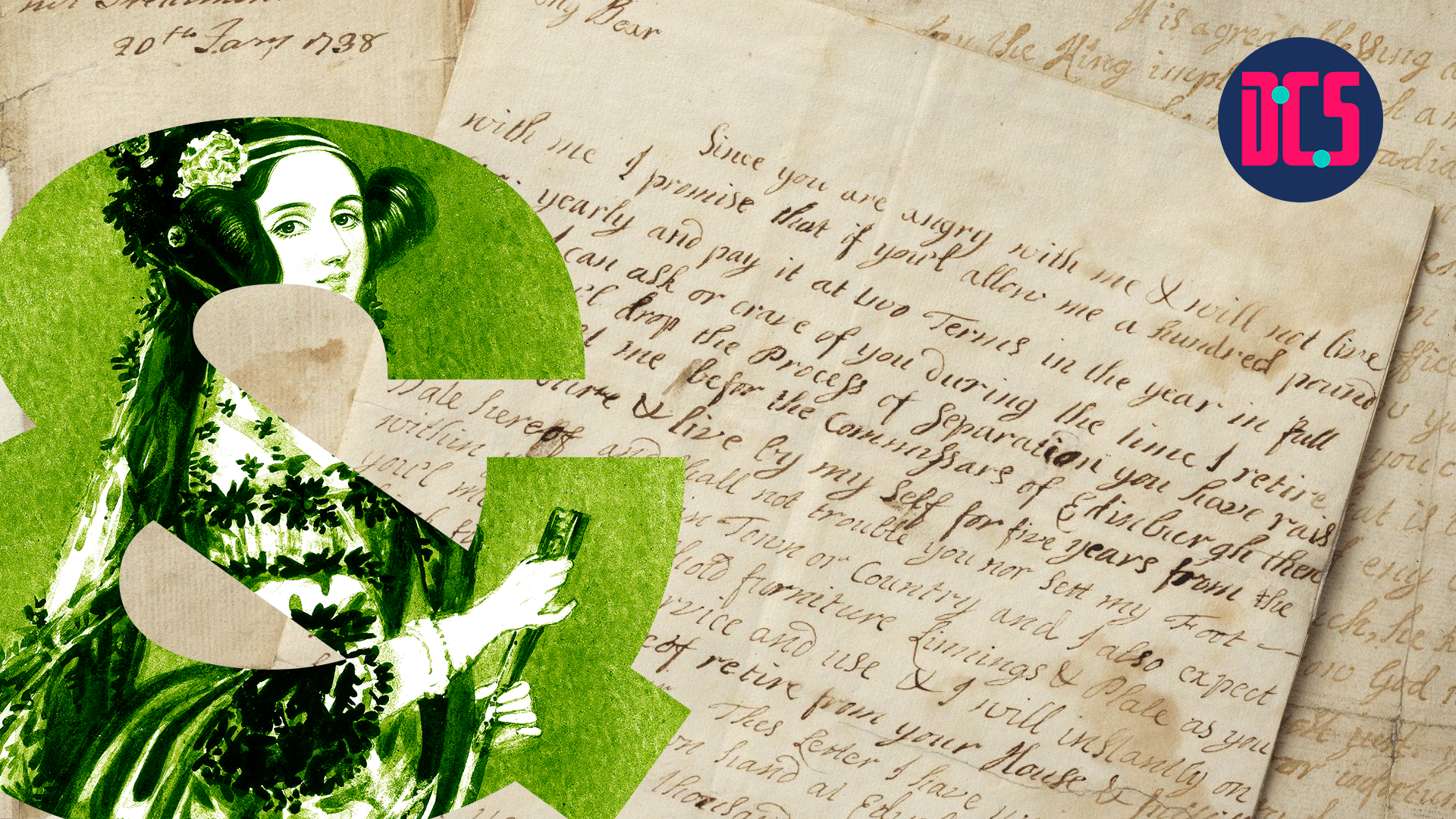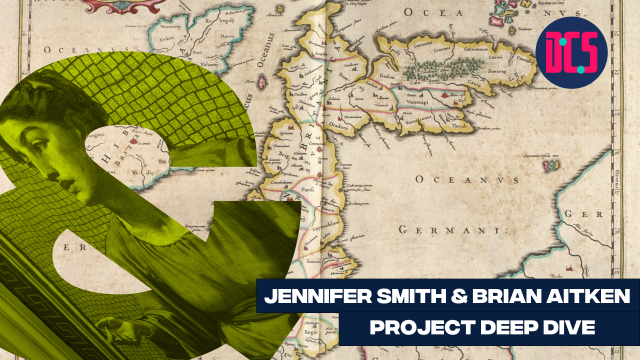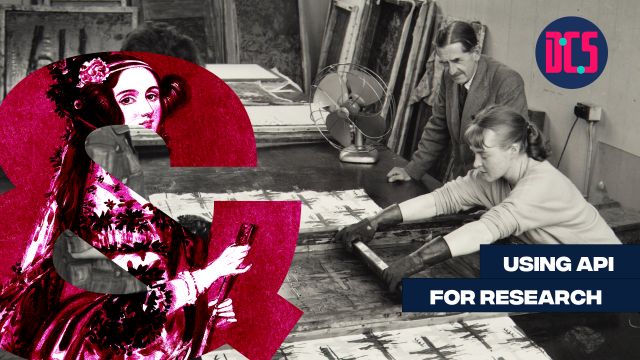Text Classification in Practice: From Topic Models to Transformers

In person
Text classification is a core task in Natural Language Processing (NLP), underpinning many real-world applications such as spam filtering, sentiment analysis, and risk prediction.
This course introduces participants to multiple paradigms of text classification, from traditional topic models to advanced transformer-based approaches. The 4-hour course will be delivered in two 2-hour sessions combining lectures and hands-on implementation with real-world cases. Participants will build and evaluate classification pipelines with Python using Google Colab, explore feature-based models, sequential modelling, and deep learning with transformers.
This course is ideal for those seeking to deepen their understanding of NLP workflows and apply them in research or applied contexts.
This course will be taught by Zongxiao Wu and Joy Lan.
After taking part in this event, you may decide that you need some further help in applying what you have learnt to your research. If so, you can book a Data Surgery meeting with one of our training fellows.
More details about Data Surgeries.
Those who have registered to take part will receive an email with full details on how to get ready for this course.
If you’re new to this training event format, or to CDCS training events in general, read more on what to expect from CDCS training. Here you will also find details of our cancellation and no-show policy, which applies to this event.
Level
This is an intermediate to advanced course. Participants should be familiar with Python and Google Colab platform and have working knowledge of common data science libraries, including scikit-learn, pandas, and PyTorch. A conceptual understanding of the machine learning model training, evaluation, and testing process is required.
Learning Outcomes
- Can compare and apply different paradigms of text classification, including feature-based, sequential, and transformer models.
Construct and evaluate text classification pipelines using Python.
Apply text modelling techniques to research or domain-specific applications.
Skills
By attending this course, you will familiarise yourself with the following skills
- Implementing end-to-end classification workflows with scikit-learn, PyTorch, and Hugging Face Transformers.
Applying modelling strategies such as topic modelling, RNN-based sequence learning, and fine-tuning pre-trained transformer models.
Manage and preprocess textual data efficiently using pandas and related libraries.
Explore More Training
- Silent Disco: Computer Vision for the Humanities: An Introduction to Deep Learning for Image Classification
- Digital Method of the Month: What LLMs can and cannot do
- Using Prompting Efficiently for Research
Return to the Training Homepage to see other available events
Room 4.35, Edinburgh Futures Institute
This room is on Level 4, in the North East side of the building.
When you enter via the level 2 East entrance on Middle Meadow Walk, the room will be on the 4th floor straight ahead.
When you enter via the level 2 North entrance on Lauriston Place underneath the clock tower, the room will be on the 4th floor to your left.
When you enter via the level 0 South entrance on Porters Walk (opposite Tribe Yoga), the room will be on the 4th floor to your right.









